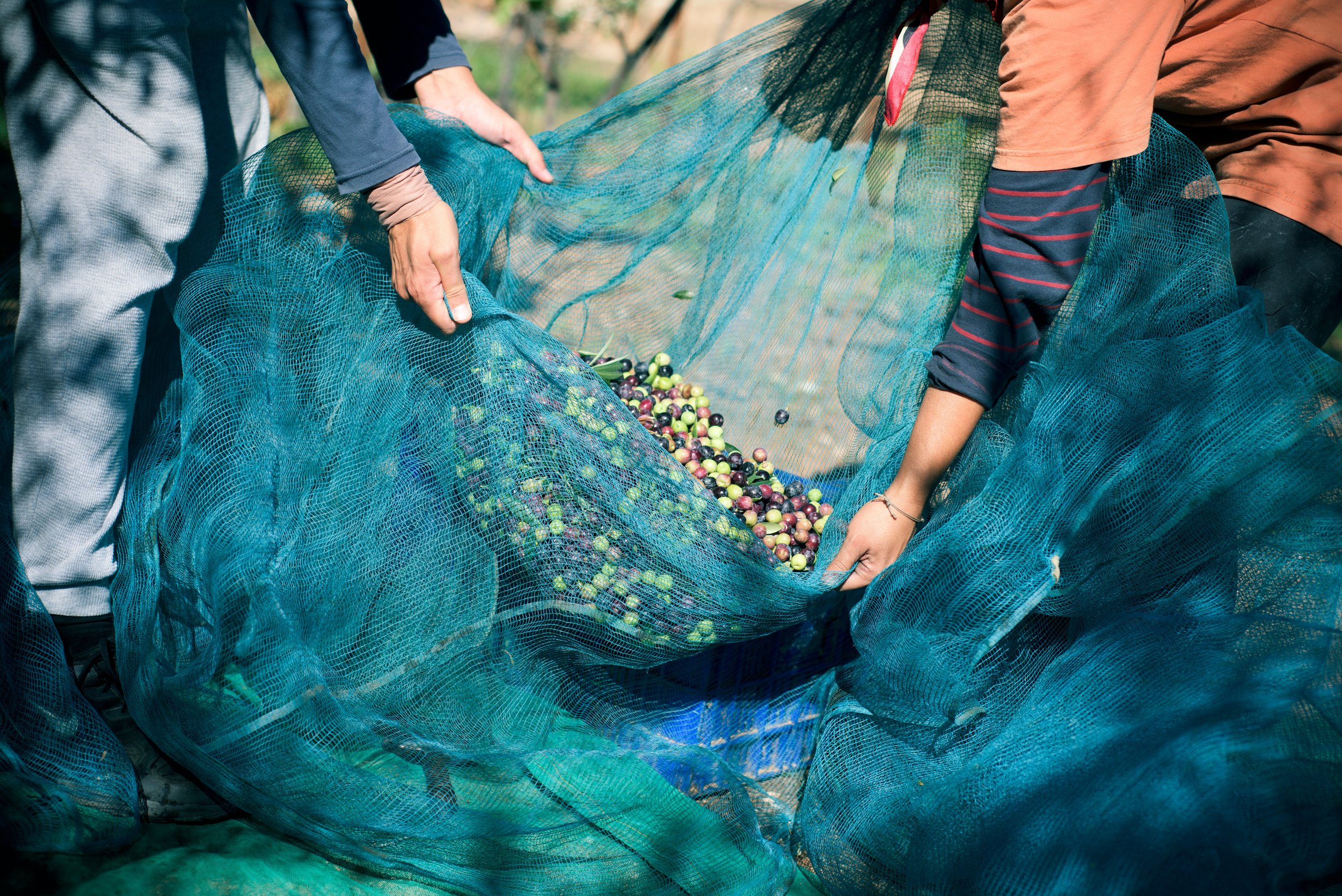The networking approach: Connecting farmers to experts and peers in the region
Alternative irrigation solutions are costly for many small olive farmers in Tunisia impacted by water shortages due to climate change. Entrepreneur Foued Ben Babis’ digital solution allows such farmers to share resources in finding more cost-effective solutions together.
In this three-part series, BCtA speaks to the entrepreneurs providing innovative development solutions to Medenine’s water problems as part of UNDP-BCtA’s inclusive innovation programme. The Inclusive Innovation Journey seeks to advance business solutions for development challenges and connect them to local government bodies that need innovative, tech-driven solutions to reach underserved populations. From a dozen proposals, the solutions presented here employ unique and specialized approaches that hail from diverse industries.
Foued Ben Babis grew up in a family of olive growers.
His father Ahmed owned parcels of land in Djerba, Zarzis, and Medenine— farmlands that he now manages with his brother Sami. Shortage of rainfall in recent years has gravely affected the production of his olive trees. Alternative irrigation would have been one of the solutions, says Ben Babis, but he lacked the financial resources to fully fund such a water system.
However, to keep the olive farm active, Ben Babis eventually had to use an expensive technology that makes use of buried diffusers for anticipated irrigation, and water injection and storage in the deep soil layers. However, the operating costs were high, and with neighboring farmlands staying arid, it was not sustainable.
Connecting local and small farmers for knowledge and resource sharing
Ben Babis thought of alternative solutions that did not involve uprooting the current irrigation system. Together with his start-up business, an information technology company with the vision of “living better together,” Ben Babis came up with the idea of knowledge-sharing and cost-sharing among the group of olive growers living in the same geographical area. Through a web and mobile application that Ben Babis’ company helped develop, olive growers in the same area can directly connect and form a group, pool together funds for, or share costs to invest in alternative advanced irrigation systems. They can also share farming resources, such as fertilizers, and machinery, such as tractors. Moreover, this sort of networking also enables them to draw best practices from each other’s experiences.
Additionally, the app paves way for an easy connection between the olive growers and the Ministry of Agriculture’s olive experts and research companies. The olive growers can also access a list of service and equipment providers for the cultivation, collection, processing and marketing of olives and oil via the mobile application.
The principle behind this solution that banks on networking with farmers says Ben Babis is his belief that farmers must cultivate their lands collaboratively. and that the local community must always rely on and value the information coming from the farmers themselves.
While he sees some challenges—such as the chance of the app being used only during harvest season, and not all year round, and the chance of the farmers not being able to update the data they upload in the application, which might lead to reliability issues—Ben Babis still believes that increased and correct usage of his application among the farmers and making it part of their farming routines can be achieved through proper training, constant support and advice, and diversified means of collecting data from the farmers.
By acting as a database for relevant information pertaining to food security, the app will have long-term impact as it aligns with the government’s strategies on digitizing administrative services to make data accessible, explains Ben Babis.
Bringing digital solutions to agricultural practices
For Ben Babis, this is what inclusive innovation means — the co-creation of solutions. “Cooperation between companies and end-users to listen to each other and resolve problems, especially for disadvantaged segments of the society.” What worries Ben Babis is the uncertainty of continuity of partnerships between his company and the municipalities that they work with. He says he has succeeded in crafting a modern solution to the water crisis, however, without constant support and concrete action on the part of state-actors, it might be difficult to keep the project sustainable.
Click on the links below to read solutions from other entrepreneurs participating in the programme:

